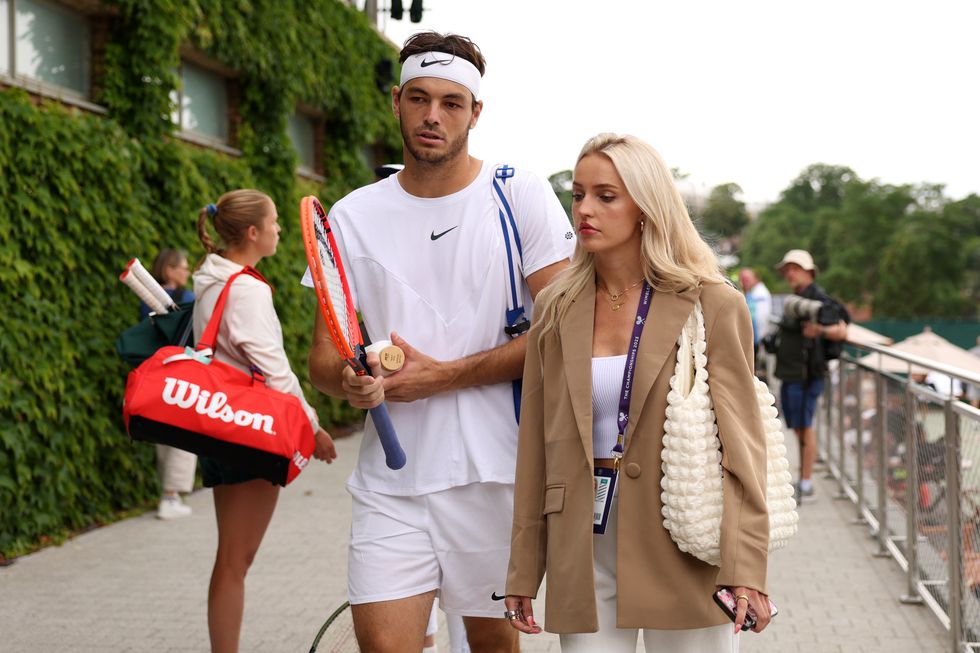INDIA'S coronavirus deaths crossed a quarter million on Wednesday (12) in the deadliest 24 hours since the outbreak of the pandemic, as the contagion rampaged through the countryside, overwhelming a fragile rural healthcare system.
Boosted by highly infectious variants, the second wave erupted in February to inundate hospitals and medical staff, as well as crematoriums and mortuaries. Experts are still unable to say with certainty when the figures will peak.
Deaths swelled by a record 4,205 while infections rose 348,421 in the 24 hours to Wednesday (12), carrying the tally past 23 million, health ministry data showed. Experts believe the actual numbers could be five to 10 times higher.
Funeral pyres have blazed in city parking lots, and scores of bodies have washed up on the banks of the Ganges, having been immersed by relatives whose villages were stripped bare of the wood needed for cremations.
Lacking beds, drugs and medical oxygen, hospitals have been forced to turn away droves of patients, while desperate relatives searched for someone to treat their dying loved ones.
according to reports, many victims died without a doctor on hand to issue a death certificate, and even when a doctor was available, Covid-19 was not specified as the cause of death unless the deceased was tested for the disease, which few have been.
Although the infection curve may be showing early signs of flattening, new cases are likely to fall off slowly, said top virologist Shahid Jameel.
"We seem to be plateauing around 400,000 cases a day," the Indian Express newspaper quoted him as saying.
"It is still too early to say whether we have reached the peak."
India, with a population of 1.4 billion, accounts for half of cases and 30 per cent of deaths worldwide, the World Health Organization said in its latest weekly report.
The full impact of the B.1.617 variant found in India, which the agency has designated as being of global concern, is not yet clear, it added.
Rural spread
Daily infections are shooting up in the countryside in comparison to big towns, where they have slowed after last month's surge, experts say.
More than half the cases this week in the western state of Maharashtra were in rural areas, up from a third a month ago. That share is nearly two-thirds in the most populous, and mainly rural, state of Uttar Pradesh, government data showed.
'Most of country should remain locked down'
The head of the main Indian health agency has said districts reporting a high number of infections should remain locked down for another six to eight weeks to control the spread of the virus.
Dr. Balram Bhargava, head of the Indian Council of Medical Research (ICMR), said in an interview that lockdown restrictions should remain in place in all districts where the rate of infection is above 10 per cent of those tested.
Currently, three-fourths of India's 718 districts have what is known as a test-positivity rate above 10 per cent, including major cities like New Delhi, Mumbai and Bengaluru.
Prime minister Narendra Modi's government has shied away from imposing a nationwide lockdown because of the economic impact and has left it to state governments.
Several states have already introduced varying levels of curbs on economic activity and public movement to stop the spread of the virus, which are mostly being reviewed and extended on a weekly or fortnightly basis.
"The high positivity districts should remain (shut). If they come to 5 per cent from 10 per cent (positivity rate) we can open them, but that has to happen. That won't happen in six-eight weeks, clearly," Bhargava said in an interview at the New Delhi headquarters of the ICMR, the country's top medical research body.
Referring to the capital, one of India's hardest hit cities where the positivity rate reached around 35 per cent but has now fallen to about 17 per cent, Bhargava said: "If Delhi is opened tomorrow, it will be a disaster."






 Riddle is frequently seen supporting him courtside, including at the 2025 WimbledonGetty Images
Riddle is frequently seen supporting him courtside, including at the 2025 WimbledonGetty Images She has also used her platform to promote the sport among younger audiencesGetty Images
She has also used her platform to promote the sport among younger audiencesGetty Images Morgan Riddle is an influencer and media personality with over 1 million followersGetty Images
Morgan Riddle is an influencer and media personality with over 1 million followersGetty Images












 Shefali Jariwala death raises concern over anti ageing drugs and self medication Instagram/shefalijariwala
Shefali Jariwala death raises concern over anti ageing drugs and self medication Instagram/shefalijariwala  Anti ageing pills found at Shefali Jariwala home spark health safety debate Instagram/shefalijariwala
Anti ageing pills found at Shefali Jariwala home spark health safety debate Instagram/shefalijariwala